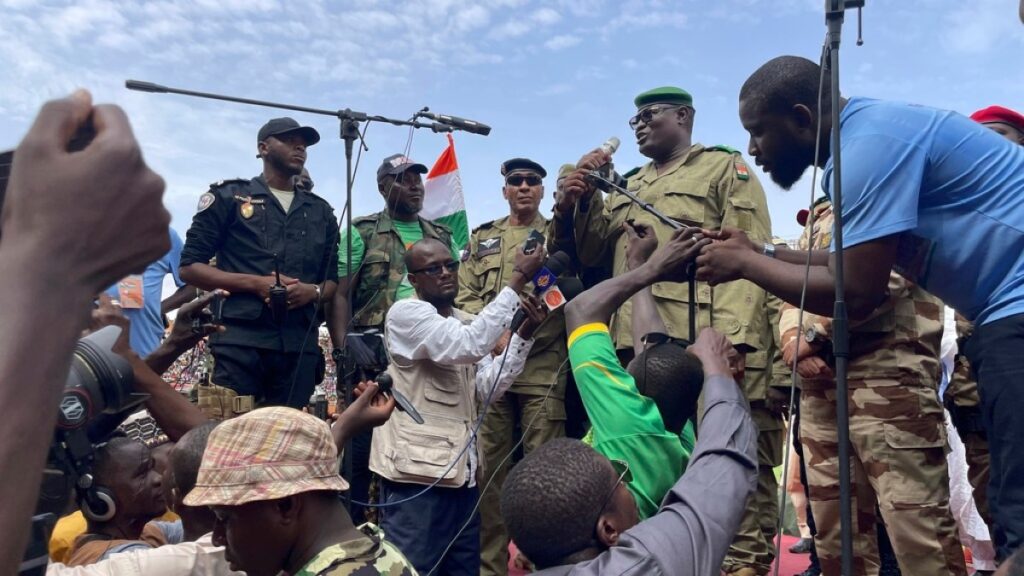Democratic backsliding in Africa reflects global trend towards ‘strongman politics’ emboldening autocrats.
Progress in democratic governance in Africa has ground to a halt, according to a new report issued by the Mo Ibrahim Foundation.
The latest edition of the Ibrahim Index of African Governance, published on Wednesday, found that progress in governance across the continent came to a halt in 2022 following four years of “almost complete stagnation”.
Backsliding in 21 countries means that nearly half of Africa’s population lives with standards of governance that have declined over the past decade, according to billionaire philanthropist Mo Ibrahim.
“It’s not pretty,” he said before the release. “If there is deterioration in governance, if there is corruption, if there is marginalisation … people are going to pick up arms.”
Noting the link between poor governance and violence, Ibrahim referred to “a huge arc of instability and conflicts”, and highlighted the war in Sudan and coups in West and Central Africa.
Pandemic lockdowns and the global trend towards “strongman politics” may have emboldened autocrats, he added.
Concern was also expressed over the “financial straitjacket” in which African countries are stuck owing to heavy debt burdens and the high premiums they must pay to access cash from global lenders.
“It’s circular,” Ibrahim said. “When you don’t have enough money to build infrastructure, to deal with health or education, you start to lose control and that affects security … We need to cut this vicious circle to enable people to invest in the future.”
Standards have fallen across Africa, including in high-ranking countries, with Indian Ocean nation Mauritius knocked off the top spot by the Seychelles after registering a decade of deteriorating standards.
Progress was seen in 33 countries, with improvements in areas like infrastructure and women’s equality for roughly 95 percent of Africans – albeit from low bases.
But the good news was undermined by falling scores in areas like the rule of law, rights, political participation and, especially, security.
The report, which measures variables like public services, justice, corruption and security, is considered the most comprehensive overview of African governance.
Read the full article here
